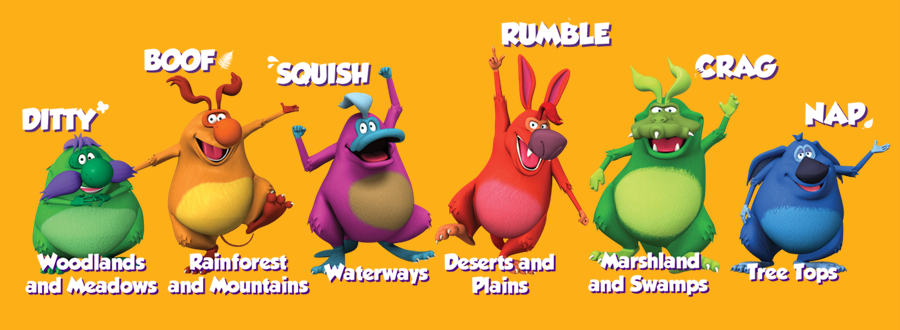How a strong cause-related business initiative can drive the bottom line
When companies support meaningful causes, consumers feel better about purchasing the brand’s products or paying for its services because they feel like they are contributing to the greater good. Knowing that a part of their purchase supports a nonprofit organization, significant issue or another area of positive impact encourages consumers to become loyalists and brand advocates. This is truly successful when the company’s mission is in alignment with the initiative they’ve chosen to support.
A 2019 survey by Markstein found that 70 percent of consumers want to know what brands are doing to address social and environmental issues, and 46 percent pay close attention to a company’s social responsibility programs when they buy a product.
Today’s consumer expects companies to be good corporate citizens, and care about something besides generating revenue for the bottom line. In our culture, having a strong Corporate Social Responsibility (CSR) initiative is an integral part of a brand’s story. While older businesses look for ways to align a relevant cause with their business initiative, many newer businesses are created with the goal of making the world we live in a better place.
Integrating a cause-related initiative into a business is never as simple as randomly throwing money at programs or organizations that you think complement the work the company is doing or the difference it is trying to make. There are different levels of involvement – some cause-related affiliations are centered around annual events, special giving campaigns, unique product tie-ins, or they are integrated into each and every sale and the communications efforts of the brand.
In regard to Yowie, our reason for being as a company, our brand essence, is predicated on a desire to spread a message of conservation and make learning about wildlife and endangered species fun. This is the highest, and hardest, level of cause integration into a business – the level where every sale and all communication efforts are focused on cause integration.
Educating children about the importance of wildlife conservation is the root mission of Yowie Group. We do this through something that people love, chocolate. Yowie™ (which is the Australian term meaning “sasquatch” or “bigfoot.”) is a licensed property created to help personify the many challenges that wildlife and their habitats face today to help parents introduce these topics to children in a way they can understand and relate to. Surprise-inside chocolates are made in the shape of the Yowie characters. After children eat the chocolate, they discover an egg with a collectible animal figurine inside. Yowie launches different collections of endangered species. The idea is to give children a collectible prize they are excited to learn about.
For companies considering how they might integrate a meaningful initiative into their brand at any level, Thayer offers six things to consider before launching headfirst into a cause-related effort.
Determine your level of involvement.
As you begin to investigate potential causes to support or align your efforts with, there are many levels of involvement to consider. Yowie supports wildlife conservation, and the company is involved at many different levels. The confectionery product is sustainably sourced, 100 percent milk chocolate that is Rainforest Alliance Certified. Yowie also supports outside organizations that are actively involved in the preservation of the most at-risk wildlife species. A tech business that wants to promote women in tech might choose to create a summer internship program to provide young women with tech-related experience. Or, at a different level, they may choose to support an organization that helps develop and mentor female talent in the tech industry.
Consider your consumer target audience.
Once you have a cause in mind, make sure you look closely at how your current consumer audience relates and compares to the initiative. Will there be conflicts? That may be ok, but you must be prepared to deal with them if they arise. In the case of Yowie, the collectible animal is molded out of plastic which can be a sore spot for many conservationists. Responsively, Yowie is continuously and consistently looking to improve packaging from a recyclability and composability aspect, use recycled plastic in the product as much as possible, and ensure their animal collectibles are intricate and lifelike to be something that their fans want to keep, display, and learn about versus throw away.
Analyze product and production conflicts. Is the service or product you offer as a company (in any way) in conflict with a cause-related effort you are considering? Many businesses have tried this and are soon, and inevitably, called out by consumers themselves as “green-washing” (in the case of non-authentic eco-friendly causes) or “pink-washing” in the case of (breast cancer-related causes). These are two common examples. This will end up harming your business in the long run.
Complete due diligence.
No matter how much or how little support or at what level you plan to provide it, fully vet the initiative or organization you wish to support. There are many causes that are less than ideal. A cause itself, or a specific cause-based organization may have negative associations, corrupt backgrounds or histories, or perhaps the majority of funding goes to the wrong places. Doing your research upfront can help you avoid a PR nightmare down the road.
Garner leadership support.
To succeed, make sure you have full leadership buy-in. Culture flows from the top down. If your leadership team isn’t on board your effort is doomed to failure. The most successful efforts excite your organization as a whole and get everyone involved at some level.
For a cause-related initiative to be effective, it must complement, not conflict with your brand; meaning it must come from a place of authenticity. If your company doesn’t truly want to use its position to make the world a better place through that cause it will become transparent to consumers quickly. A slapped together effort will ultimately backfire and cause more damage than doing nothing at all.
When companies make a genuine effort to support a relevant cause it can make jobs more meaningful, the bottom line rise and impart positivity in the world.




